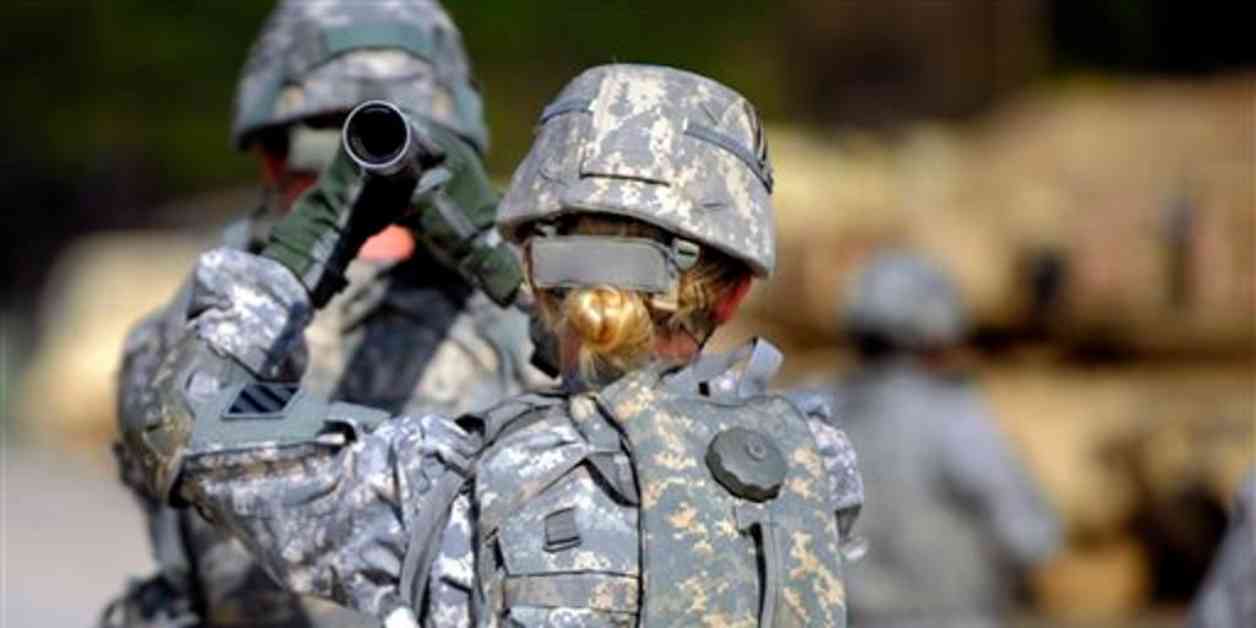President-elect Donald Trump’s choice to lead the Defense Department, Pete Hegseth, is facing criticism for his belief that women should not serve in military combat roles. While the media is largely against him, opinions among combat and military experts differ. Will Thibeau, a former Army Ranger with multiple combat deployments, agrees with Hegseth. Thibeau believes that units meant for warfighting are meant for men only due to the biological realities that come into play when men and women serve together in combat roles.
Hegseth, a former Fox News host and Army infantry officer, served in Iraq and Afghanistan. He was nominated for Secretary of Defense by Trump, who praised him for his dedication to the troops. However, his comments on women in combat roles have sparked controversy. Hegseth argues that including women in combat roles has not made the military more effective and has made fighting more complicated due to lowered physical standards.
Despite the pushback, Ellen Haring, a retired Army colonel, believes that women in combat roles have not harmed units. In fact, she argues that women have improved the professionalism of infantry units by eliminating abusive behaviors. Captain Micah Ables, an Army Infantry company commander, also agrees that women have enhanced the teamwork and capabilities of his unit during deployments.
However, retired Marine gunnery sergeant Jessie Jane Duff disagrees, stating that allowing women in combat roles is a mistake. She points to a study that found integrated units were less effective than all-male units and that women were more prone to injury. She believes that lowering physical standards for women compromises the effectiveness of infantry units.
Anna Simons, a retired professor of defense analysis, highlights the importance of similarity in combat units. She argues that combat requires individuals to be interchangeable and equally proficient in combat skills, which may be compromised by diversity in capabilities. Simons emphasizes the need for a high baseline of fundamental combat skills to ensure the effectiveness of combat units.
In conclusion, the debate over women serving in combat roles continues to divide opinions among experts in the military and combat fields. While some believe that women enhance the capabilities and professionalism of combat units, others argue that diversity in combat roles may compromise the effectiveness of units. The ongoing discussion underscores the complexities and challenges of integrating women into combat roles within the military.





















